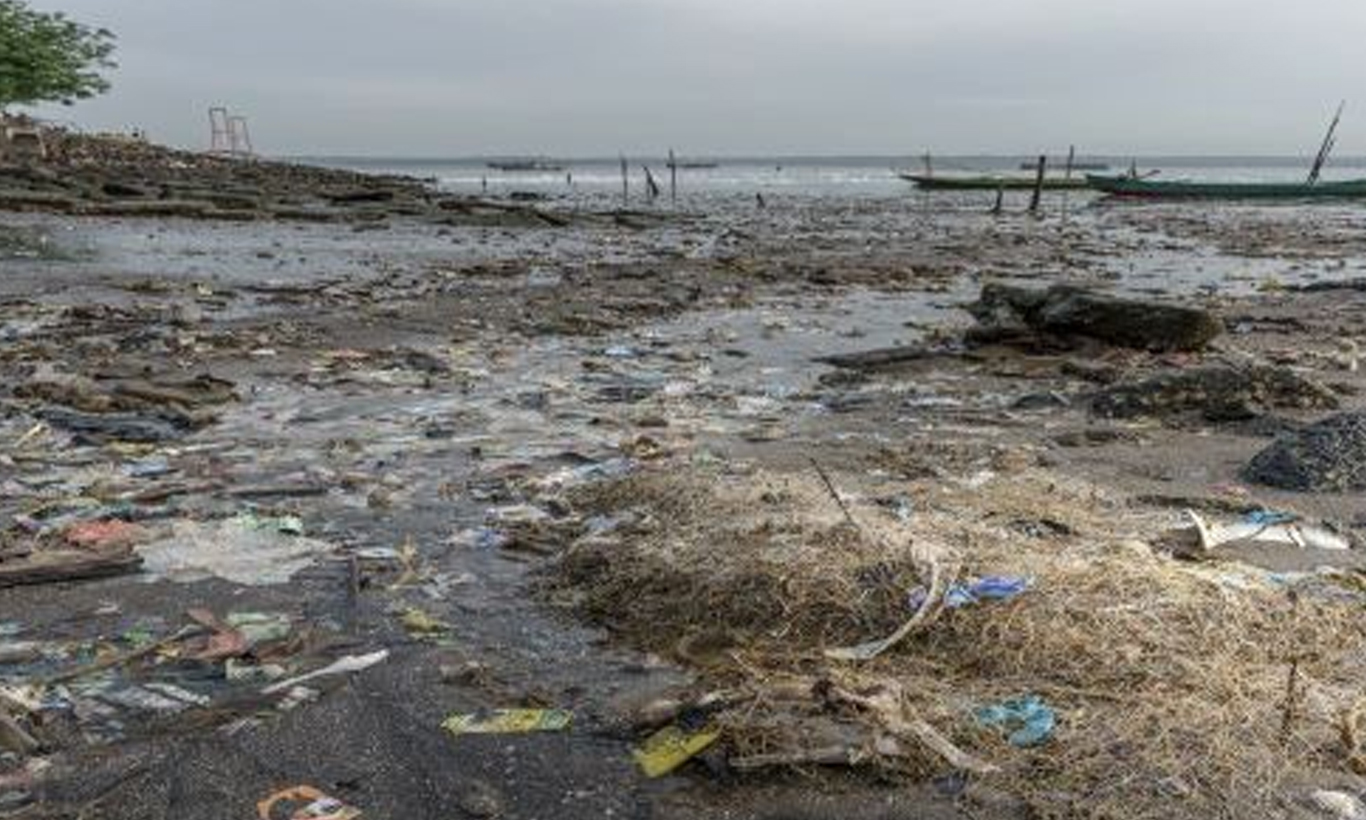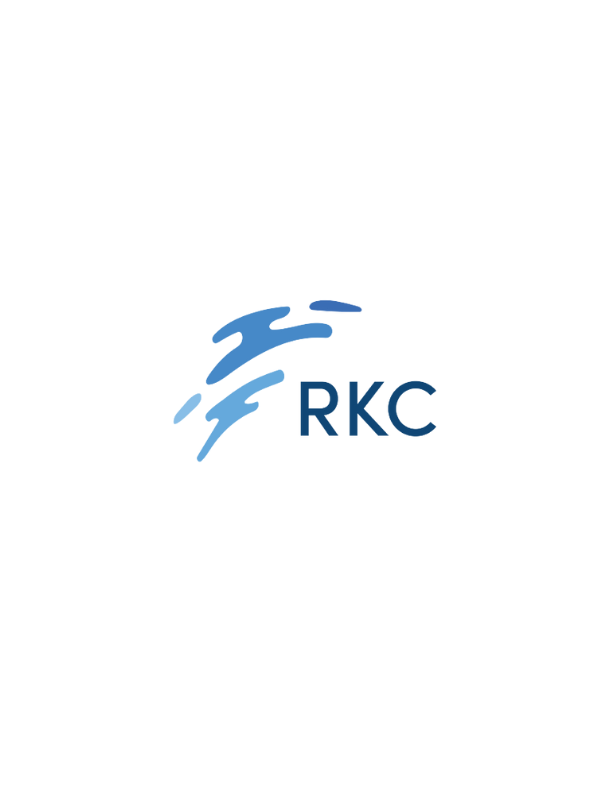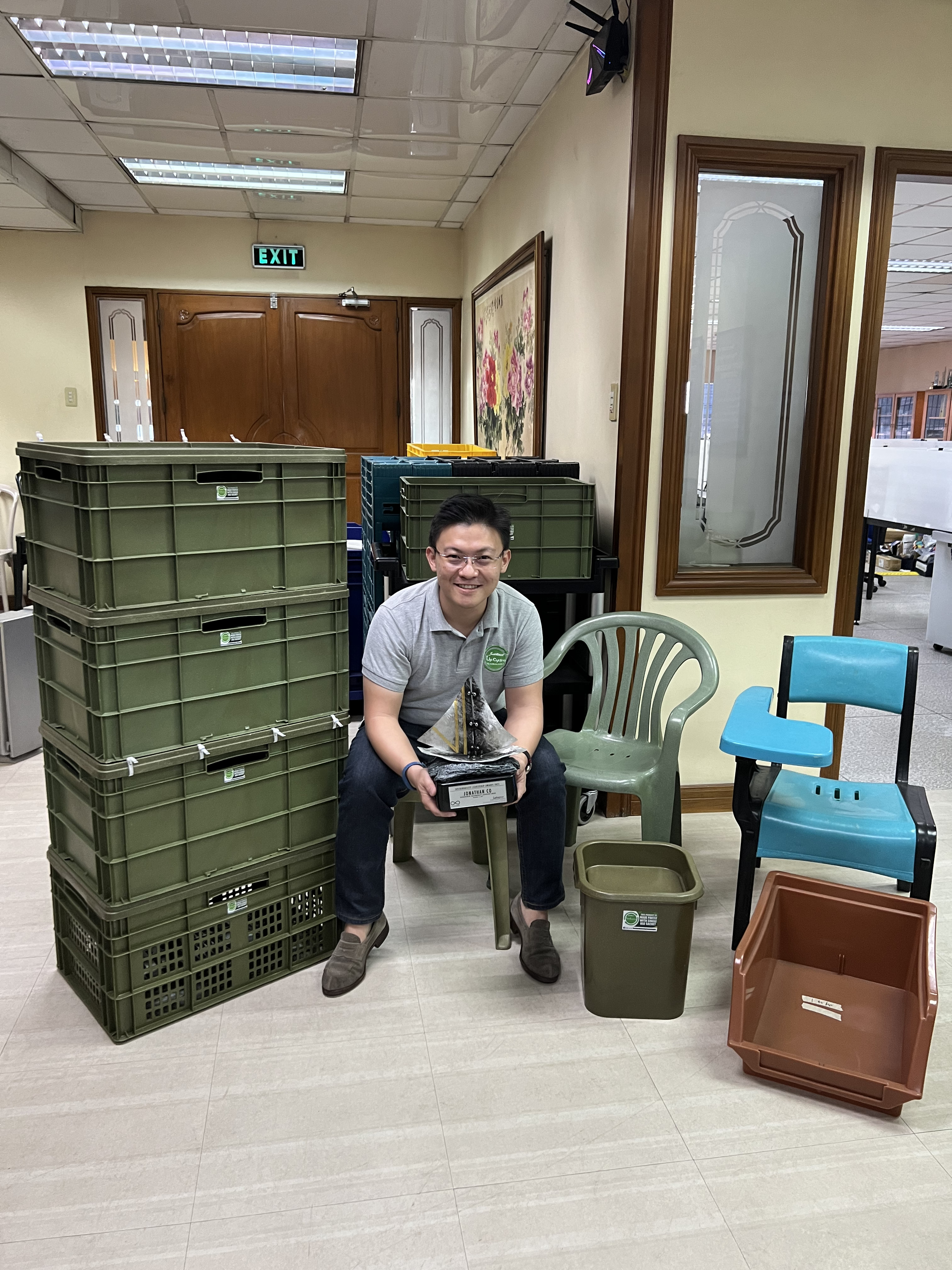

2 March 2022: ERIA, the Institute for Global Environmental Strategies (IGES), and the IGES Centre Collaborating with the United Nations Environment Programme (UNEP) on Environmental Technologies (CCET), today co-hosted the second meeting of ERIA’s Experts Working Group on Marine Plastic Debris.
The hybrid meeting was held on the very same day the resumed fifth United Nations Environment Assembly (UNEA 5.2) agreed to establish an international negotiation committee on legally binding plastic pollution control. This ground-breaking agreement requires critical input from experts from various disciplines before it can come into effect. With experts from a diverse set of disciplines, the working group assisted in the establishment of baselines and provided a multidisciplinary assessment of marine plastics in the ASEAN+3 Member States.
Mr Michikazu Kojima, ERIA Senior Advisor, proposed ways forward for the working group, including coordinating with ASEAN Working Groups, updating the status of extended producer responsibility (EPR) in the ASEAN+3 Member States, and proposed additional indicators for marine plastic research for the region.
Dr Vivek Anand Asokan, IGES Policy Researcher, delivered updates on the draft paper on Building Data on Plastic Value Chain in the ASEAN Member States (AMS). For the paper to move forward, experts will be called upon to make specific contributions to providing better material flow analysis, building a standardised methodology on leakage estimation and calculation on the plastic intensity of products, and designing relevant economic and policy instruments based on the life cycle perspective.
Dr Youna Lyons, Ms Cheng Lim, and Ms Yulu Liu from the National University of Singapore (NUS) Centre for International Law (CIL), presented their research on the Regional Research Inventory (RRI 2.0). The inventory's findings include how shoreline sediment and the water surface were the most frequently sampled in terms of plastic debris surveying/monitoring; and plastic size categories were not consistent across all studies, with nano plastics and mega plastics the least examined.
‘We need more layers added to the research. It has to be refined. We keep looking at what we could do better and how we could push the data to do more things,’ said Dr Lyons.
Treating Plastic as a Commodity, Not Waste
Dr Britta Denise Hardesty, Principal Research Scientist of The Commonwealth Scientific and Industrial Research Organisation (CSIRO), spoke about marine plastic debris and its impacts in the ASEAN+3 region. She emphasised that socio-economic factors are more important in determining the amount and types of waste lost into the environment. Hotspots can only be determined once we establish cold spots in juxtaposition, and rigorous field sampling is essential to confirm any assumptions.
‘It would be a fundamental game changer when we start to put a price on plastic and treat it as a commodity, rather than as waste,’ she said.
Dr Yasuhiko Hotta, IGES Programme Director of Sustainable Consumption and Production, proposed a new post COVID-19 economy and single-use plastics workstream, highlighting rising single-use plastic consumption during the pandemic, and how it affects implementing the circular economy in selected AMS.
The meeting also discussed the Organisation for Economic Co-operation and Development (OECD) Global Plastic Outlook report, published at the end of February. Dr Hotta said it contains a full-scale overview of the life cycle impacts of plastics and an analysis of the impact of COVID-19 on plastic production and consumption.
Mr Dwight Jason Ronan, ASEAN Secretariat Senior Officer of Environment Division, provided an update on the ASEAN Environment Knowledge Hub and possible collaboration with ERIA's Regional Knowledge Centre for Marine Plastic Debris (the Centre). He said the collaboration could include creating an online link between the two, regular sharing of information on marine plastic issues, and organising knowledge events and developing communication products.
Dr Vong Sok, Head of the ASEAN Secretariat Environment Division and Assistant Director of the Sustainable Development Directorate, in his closing remarks said that it was fundamental for the working group to connect the dots and analyse the data to become more robust.
Treating Plastic as Commodity, Rather Than Waste
Dr Britta Denise Hardesty, Principal Research Scientist of The Commonwealth Scientific and Industrial Research Organisation (CSIRO), spoke about marine plastic debris and its impacts in ASEAN+3 region. In her presentation, she emphasized that the socio-economic factors are more important in determining the amount and types of waste that are lost into the environment. She explained that hotspots can only be determined once we establish cold spots in juxtapose, and rigorous field sampling is essential to confirm any assumptions.
‘It would be a fundamental game changer when we start to put a price on plastic and treat it as commodity, rather than a waste,’ concluded Dr Hardesty.
Dr Yasuhiko Hotta, Programme Director of Sustainable Consumption and Production of IGES, proposed a new workstream entitled “Post COVID-19 Economy and Single-use Plastics.” This workstream highlights the trend of single-use plastic consumption during COVID-19 outbreak and how such trend affects the circular economy implementation in selected ASEAN member states.
The meeting also discussed the Organisation for Economic Co-operation and Development (OECD) and its Global Plastic Outlook report, which was just published by the end of February. Dr Hotta mentioned that the report contains full-scale overview of lifecycle impacts of plastics and analysis of COVID-19 impacts on plastic production and consumption.
Meanwhile, Mr Dwight Jason Ronan, Senior Officer of Environment Division of ASEAN Secretariat, provided an update on the ASEAN Environment Knowledge Hub and the possible collaboration with the Regional Knowledge Centre for Marine Plastic Debris (RKC-MPD) of ERIA. The collaboration may include creating an online link of the centre from the hub, regular sharing of information on marine plastic issues, and organising knowledge events and developing communication products.
In his closing remark, Dr Vong Sok, Head of Environment Division and Assistant Director of Sustainable Development Directorate of the ASEAN Secretariat, stated that it was fundamental for the working group to connect the dots and analyse the data information to become more robust.
2 March 2022: ERIA, the Institute for Global Environmental Strategies (IGES), and the IGES Centre Collaborating with the United Nations Environment Programme (UNEP) on Environmental Technologies (CCET), today co-hosted the second meeting of ERIA’s Experts Working Group on Marine Plastic Debris.
The hybrid meeting was held on the very same day the resumed fifth United Nations Environment Assembly (UNEA 5.2) agreed to establish an international negotiation committee on legally binding plastic pollution control. This ground-breaking agreement requires critical input from experts from various disciplines before it can come into effect. With experts from a diverse set of disciplines, the working group assisted in the establishment of baselines and provided a multidisciplinary assessment of marine plastics in the ASEAN+3 Member States.
Mr Michikazu Kojima, ERIA Senior Advisor, proposed ways forward for the working group, including coordinating with ASEAN Working Groups, updating the status of extended producer responsibility (EPR) in the ASEAN+3 Member States, and proposed additional indicators for marine plastic research for the region.
Dr Vivek Anand Asokan, IGES Policy Researcher, delivered updates on the draft paper on Building Data on Plastic Value Chain in the ASEAN Member States (AMS). For the paper to move forward, experts will be called upon to make specific contributions to providing better material flow analysis, building a standardised methodology on leakage estimation and calculation on the plastic intensity of products, and designing relevant economic and policy instruments based on the life cycle perspective.
Dr Youna Lyons, Ms Cheng Lim, and Ms Yulu Liu from the National University of Singapore (NUS) Centre for International Law (CIL), presented their research on the Regional Research Inventory (RRI 2.0). The inventory's findings include how shoreline sediment and the water surface were the most frequently sampled in terms of plastic debris surveying/monitoring; and plastic size categories were not consistent across all studies, with nano plastics and mega plastics the least examined.
‘We need more layers added to the research. It has to be refined. We keep looking at what we could do better and how we could push the data to do more things,’ said Dr Lyons.
Treating Plastic as a Commodity, Not Waste
Dr Britta Denise Hardesty, Principal Research Scientist of The Commonwealth Scientific and Industrial Research Organisation (CSIRO), spoke about marine plastic debris and its impacts in the ASEAN+3 region. She emphasised that socio-economic factors are more important in determining the amount and types of waste lost into the environment. Hotspots can only be determined once we establish cold spots in juxtaposition, and rigorous field sampling is essential to confirm any assumptions.
‘It would be a fundamental game changer when we start to put a price on plastic and treat it as a commodity, rather than as waste,’ she said.
Dr Yasuhiko Hotta, IGES Programme Director of Sustainable Consumption and Production, proposed a new post COVID-19 economy and single-use plastics workstream, highlighting rising single-use plastic consumption during the pandemic, and how it affects implementing the circular economy in selected AMS.
The meeting also discussed the Organisation for Economic Co-operation and Development (OECD) Global Plastic Outlook report, published at the end of February. Dr Hotta said it contains a full-scale overview of the life cycle impacts of plastics and an analysis of the impact of COVID-19 on plastic production and consumption.
Mr Dwight Jason Ronan, ASEAN Secretariat Senior Officer of Environment Division, provided an update on the ASEAN Environment Knowledge Hub and possible collaboration with ERIA's Regional Knowledge Centre for Marine Plastic Debris (the Centre). He said the collaboration could include creating an online link between the two, regular sharing of information on marine plastic issues, and organising knowledge events and developing communication products.
Dr Vong Sok, Head of the ASEAN Secretariat Environment Division and Assistant Director of the Sustainable Development Directorate, in his closing remarks said that it was fundamental for the working group to connect the dots and analyse the data to become more robust.
Treating Plastic as Commodity, Rather Than Waste
Dr Britta Denise Hardesty, Principal Research Scientist of The Commonwealth Scientific and Industrial Research Organisation (CSIRO), spoke about marine plastic debris and its impacts in ASEAN+3 region. In her presentation, she emphasized that the socio-economic factors are more important in determining the amount and types of waste that are lost into the environment. She explained that hotspots can only be determined once we establish cold spots in juxtapose, and rigorous field sampling is essential to confirm any assumptions.
‘It would be a fundamental game changer when we start to put a price on plastic and treat it as commodity, rather than a waste,’ concluded Dr Hardesty.
Dr Yasuhiko Hotta, Programme Director of Sustainable Consumption and Production of IGES, proposed a new workstream entitled “Post COVID-19 Economy and Single-use Plastics.” This workstream highlights the trend of single-use plastic consumption during COVID-19 outbreak and how such trend affects the circular economy implementation in selected ASEAN member states.
The meeting also discussed the Organisation for Economic Co-operation and Development (OECD) and its Global Plastic Outlook report, which was just published by the end of February. Dr Hotta mentioned that the report contains full-scale overview of lifecycle impacts of plastics and analysis of COVID-19 impacts on plastic production and consumption.
Meanwhile, Mr Dwight Jason Ronan, Senior Officer of Environment Division of ASEAN Secretariat, provided an update on the ASEAN Environment Knowledge Hub and the possible collaboration with the Regional Knowledge Centre for Marine Plastic Debris (RKC-MPD) of ERIA. The collaboration may include creating an online link of the centre from the hub, regular sharing of information on marine plastic issues, and organising knowledge events and developing communication products.
In his closing remark, Dr Vong Sok, Head of Environment Division and Assistant Director of Sustainable Development Directorate of the ASEAN Secretariat, stated that it was fundamental for the working group to connect the dots and analyse the data information to become more robust.

Communication Desk


